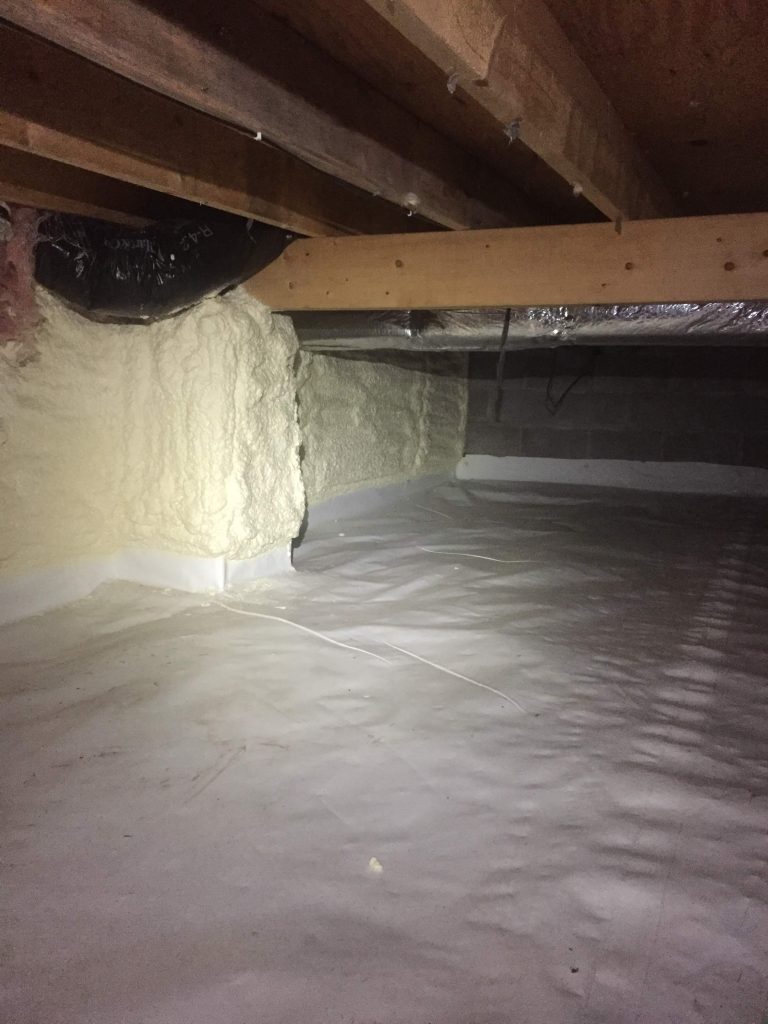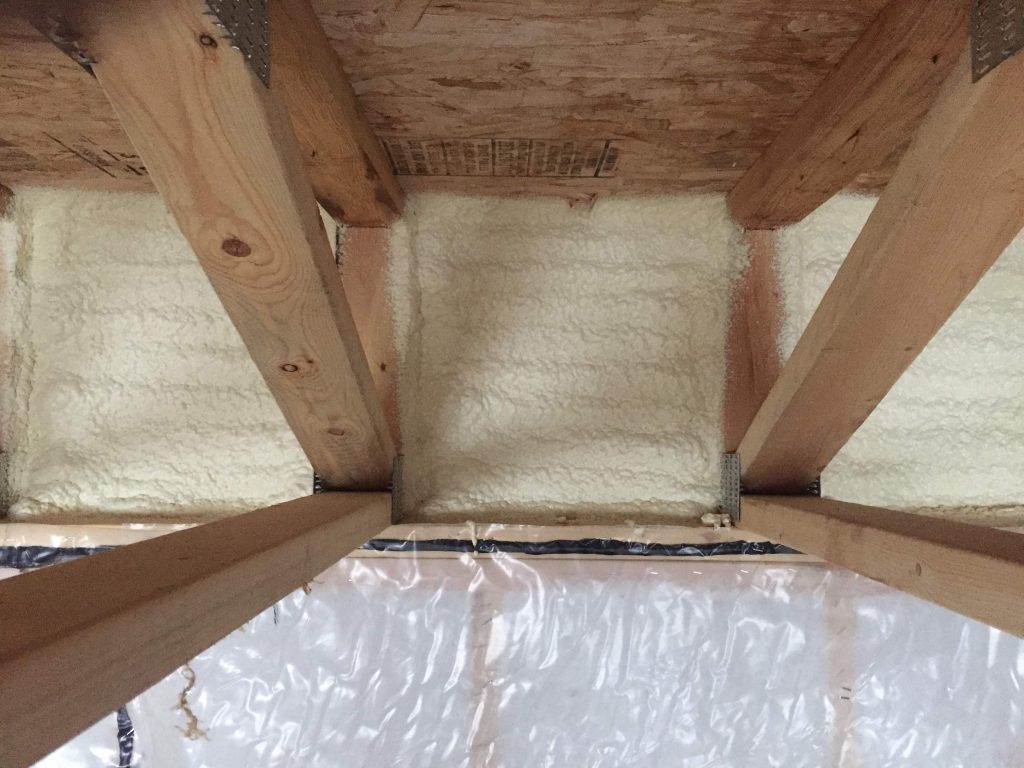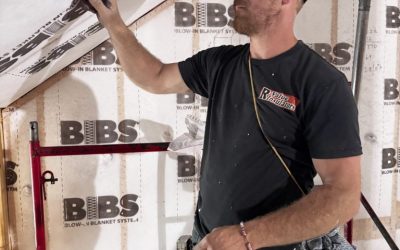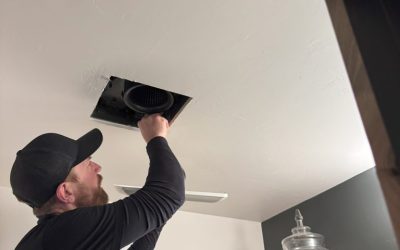At RVI, our commitment lies in educating homeowners and builders about the best insulation practices, especially when it comes to making informed decisions for your new house. We recently compiled a list of the most-searched questions regarding residential insulation, and will be answering those questions in upcoming blogs.
Today, we delve into spray foam insulation — a popular choice, but it has many downsides. We’ll explore its implications for various climates, the environment, installation challenges, and potential health risks.
By the end of this blog, you’ll have a comprehensive understanding of why spray foam might not be the ideal choice for your home.
Are There Any Problems with Spray Foam Insulation?
The short answer? Yes! There are four main problems with choosing spray foam insulation:
Reason #1: Climate
The extreme temperature shifts in the Midwest pose challenging conditions for spray foam. Its performance can be compromised if not installed in ideal conditions, leading to inefficiency in insulation.
Reason #2: Environment
Spray foam demands a perfect installation environment — a dry, warm substrate. Failure to meet these conditions can result in improper adhesion, leading to gaps and eventual durability concerns. These gaps can foster moisture issues, significantly reducing the insulation’s effectiveness.
Reason #3: Installation
Achieving a uniform thickness with spray foam is crucial for maintaining its R-value. Variances in product depth can substantially lower its insulating capabilities, presenting a considerable drawback.
Reason #4: Health Risks
The production of spray foam involves non-renewable crude oil derivatives, including polyurethane which contains isocyanates—substances known for their irritant properties. While proper gear can mitigate installation risks, any future disturbance can release irritants, posing health concerns.

Where Should You NOT Use Spray Foam?
Broadly speaking, it’s advisable to use spray foam sparingly. Despite common misconceptions, places like roof decks, walls, floors, and sound attenuation are better off without it. At RVI, we recommend its limited use, specifically in areas like rim joists for targeted applications.

Is Spray Foam Insulation Worth It?
Nope! When considering the long-term return on investment, alternatives like BIBS outperform spray foam. While its R-value per inch may initially seem advantageous, a comprehensive approach to insulation and sealing is necessary for a high-performance, safe, and durable home. Spray foam alone fails to cover essential details that contribute to overall home efficiency.
Is There a Downside to Spray Foam Insulation?
Yes, there are several downsides to spray foam insulation.
While spray foam insulation might seem appealing for its high R-value and sealing capabilities, it falls short when considering environmental conditions, installation complexity, potential health risks, and overall cost-effectiveness. For those aiming for a high-performance, durable, and safe home, exploring alternatives like the BIBS system, known for its impressive sound-reducing and insulating qualities, might prove to be a more prudent choice.
Trust RVI to guide you towards making your home not only energy-efficient but also a healthier living environment.



